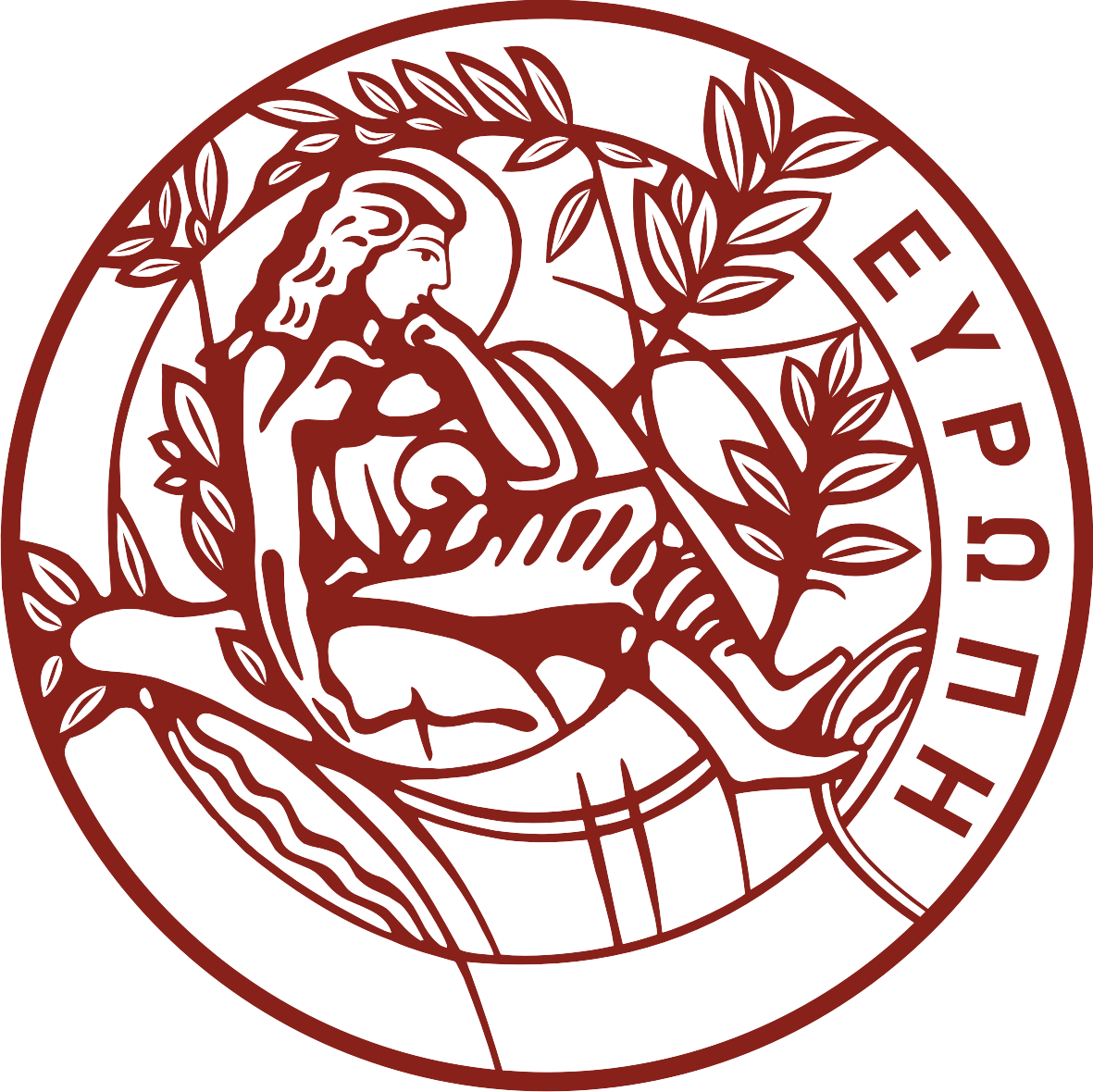Software Specialization for Attack Surface Reduction
by Michalis Polychronakis, Associate Professor, Stony Brook University
March 29th, 2021 16:00
https://zoom.us/j/95001863724?pwd=a3h1eitCMTJ5RGtEU3dTQ2haVlczQT09
Host: Evangelos Markatos, Computer Science Department, University of Crete
Abstract
Attack surface reduction through the removal of unnecessary application features and code is a promising technique for improving security without incurring any additional overhead. In this talk I will present our work on software specialization, the goal of which is to restrict the operations an attacker can perform as part of vulnerability exploitation. Our techniques use various static code analysis techniques to remove code and functionality at the library, system call, and function level. I will present use cases of applying software specialization for server applications and Docker containers, demonstrating how restricting the operations an attacker can perform limits the capabilities of exploit code, and neutralizes Linux kernel vulnerabilities that could lead to privilege escalation attacks.
Short Biography
Michalis Polychronakis is an associate professor in the Computer Science Department at Stony Brook University. He received the B.Sc. ('03), M.Sc. ('05), and Ph.D. ('09) degrees in Computer Science from the University of Crete, Greece, while working as a research assistant in the Distributed Computing Systems Lab at FORTH-ICS. Before joining Stony Brook, he was an associate research scientist at Columbia University. His main research interests are in the areas of network and system security, network monitoring and measurement, and online privacy. He has published more than 100 peer-reviewed papers, many of them in top venues such as IEEE S&P, USENIX Security, ACM CCS, ISOC NDSS, EuroSys, and USENIX ATC, and is the recipient of the NSF CAREER Award (2018) and the DARPA Young Faculty Award (2018).



 Ανακοινώσεις
|
Νέα
Ανακοινώσεις
|
Νέα

